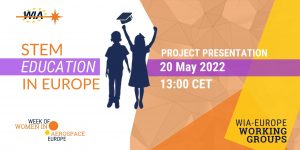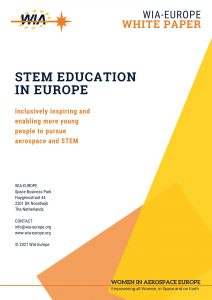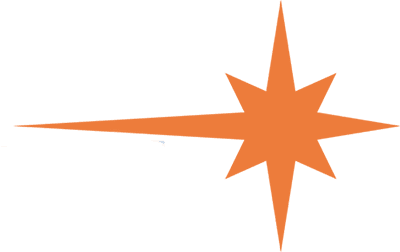Working Group 1: STEM Education in Europe
STEM (Science, Technology, Engineering and Mathematics) comprises the main areas of study on which scientific and technological industries, including the aerospace sector, lay their foundations.
In recent decades, institutions and governments have detected a more than consolidated tendency: a very low uptake of STEM studies throughout the whole education process, especially in the case of girls (WISE 2017, British Science Association 2020, UNICEF 2020, UNESCO, Microsoft 2017). From a very early age, a huge amount of STEM potential is being lost, which leads to slower scientific and technological progress in the industry. This reality not only affects scientific and technological industries, but it also burdens our society in far more aspects than imagined, preventing it from: reaching Sustainable Development Goals, generating problem-solving, innovative and critical thinking citizens (21st century skills, preparing next generation for jobs that don’t yet exist, OECD report 2018), creating inclusive and diverse teams of people, interconnection of cultures, etc.
This White Paper gives a concise summary of the main issues, transverse across European countries, focussing on early inspiration, retention of young women, the contribution and influence of peers/family, the perception of women in STEM careers, and the importance of European coordination.
It delivers a plentiful set of recommendations to address each weakness, emphasising the role of the aerospace sector and the contribution that organisations such as WIA-Europe can make to society, both locally and at a European level, in order to encourage young people, especially girls, to pursue pathways into STEM.
FIND PAST AND UPCOMING EVENTS OF THIS WORKING GROUP >>HERE

The White Paper “Smart Working – Challenges and Opportunities” contains recommendations on further initiatives to be implemented by a WIA-Europe Working Group. All WIA-Europe members are invited to join the Working Groups and contribute with their experience and expertise.
Not a member? >>Register today to receive regular updates on all upcoming WIA-Europe activites & publications.
WORKING GROUP
Sabrina Alam / Susan Buckle / Patricia Cerrada / Valerie Dosch / Bea Gonzalez Garcia / Vicky Hall / Giulia Morando / Silvia Palomares / Inés Sánchez / Monica Talevi
WHITE PAPER
FIND OUT
- Which factors have the biggest impact on girls’ interest in STEM?
- What are the weakest points of the STEM education landscape in Europe?
- What are the key motivators & main influencers that help young people pursue pathways into STEM?
- What can be done to retain young women in this field?
Working Group 2: Skills Gap in the Aerospace Sector
This White Paper gives an overview of sector trends and specific needs, and proposes a set of actions based on the analysis of available reports and studies carried out in Europe and beyond. It contains country-specific information and recommendations for implementation at different points in the career profile.
Working Group 3: Increasing the number of women in C-suite Roles
Find out: How to increase the number of female board members? How to support female professionals in bridging the gap between their skills and experience to reach an executive role? Which steps do businesses wanting to grow the number of females in C-suite roles have to take?
Working Group 4: Visibility of Female Experts
The acknowledgement of women as highly skilled professionals and experts, especially in traditionally male-dominated sectors, heavily depends on how they are being presented across all forms of media as well as at relevant public and professional events. Which best practices can help to accelerate the process?
Working Group 5: Smart Working
As workers are now beginning to transition back into the office, there is a shift towards adopting remote working policies in combination with the traditional working model full time to create a new way of smart working. The White Paper contains the results of this survey and provides insights on best practises to implement smart working going forward and the challenges associated with it.
The current Working Groups have finalised their work, but if you would like to contribute with your expertise in future, we would love to hear from you. The next WIA-Europe working groups will be formed soon.


